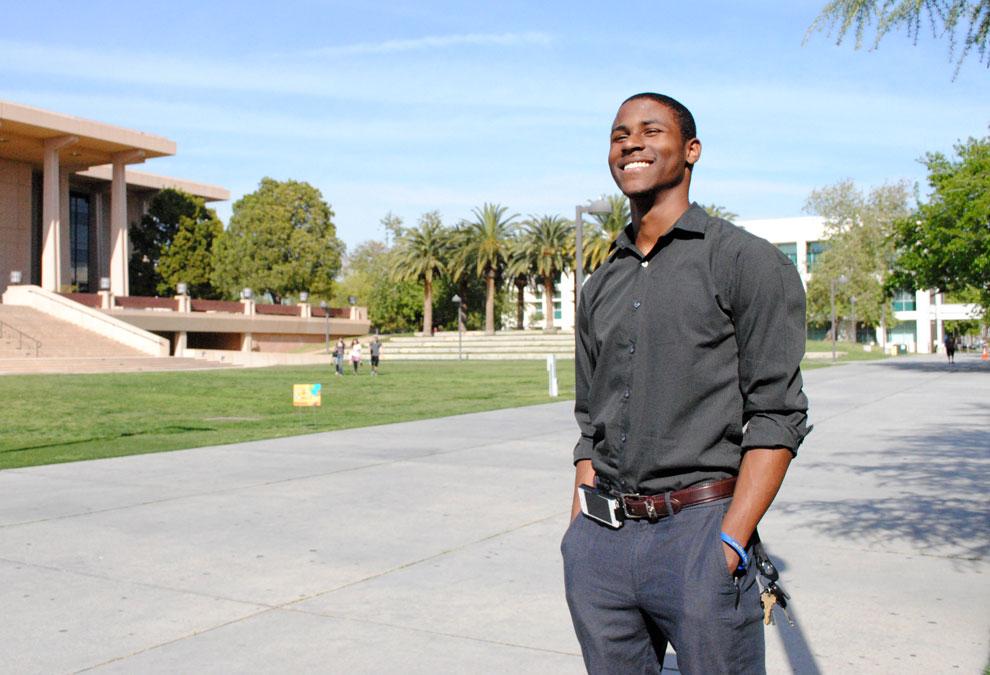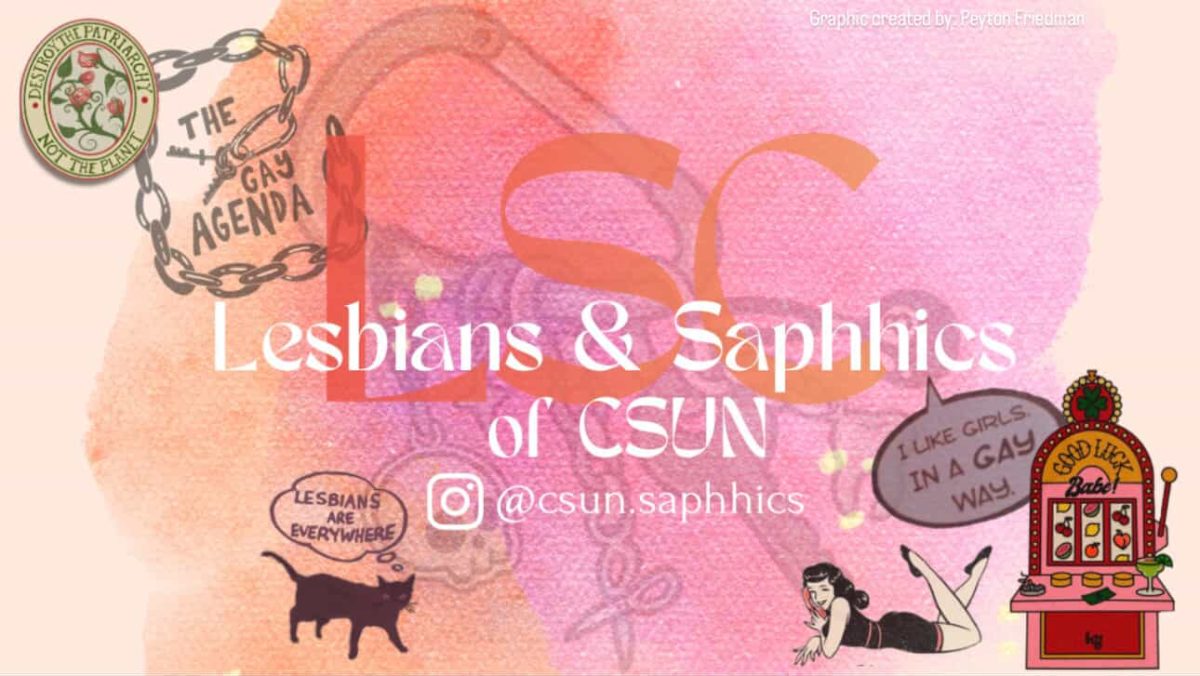
CSUN sophomore Demontae Thompson, born and raised in Compton near South Central, was taken into foster care as a young child due to his parent’s severe addiction to drugs and inability to properly take care of him.
Thompson said a hard-working, wise 88-year-old uncle along with his wife, took him and his twin brother under his wing and fostered them, as if they were the much older couple’s own children.
Thompson, 19, a poet and author of his recently published autobiography titled, “Raised from Scratch,” uses his writing as a tool to spread the message of hope for people who come from underprivileged backgrounds.
“I wanted to spread inspiration for those in the foster system who don’t think there is an opportunity for them to succeed,” Thompson said. “They can have inspiration to do what they think they can’t.”
His uncle, who came to California from Arkansas with only a quarter in his pocket, is Thompson’s motivation to work hard every day and to make something great out of his life.
Thompson won a poetry contest he entered with the South L.A. based group, Message Media Ed, and the prize was a scholarship that paid to publish his autobiography, that features some of his poetry.
Thompson sits on the CSUN USU board of directors, who represent CSUN’s 37,000 student population, and plans on running for chair next term, he said.
“One of the issues that needs recognition is the roughly 250 foster youth who attend CSUN. I’d love to see more financial aid resources available for these students who don’t have their parents to call on in times of crisis,” Thompson said.
Thompson has used social media websites, such as Twitter and Facebook, to promote his autobiography “Raised from Scratch,” by tweeting clever hash tags like, “When you have to use a hanger for TV reception #raisedfromscratch,” he said.
The book is currently available on Amazon.com and CreateSpace.com, and Thompson hopes it will one day be for sale in the CSUN Matador Bookstore.
Thompson encourages students and foster youth to be the change in the world they wish to see and to not be limited by their past, or who they came from.
“Traditions limit your creativity. Sometimes it’s your morals that keep you with those traditions, but sometimes you can be more creative than where we have been in the past,” Thompson said.





